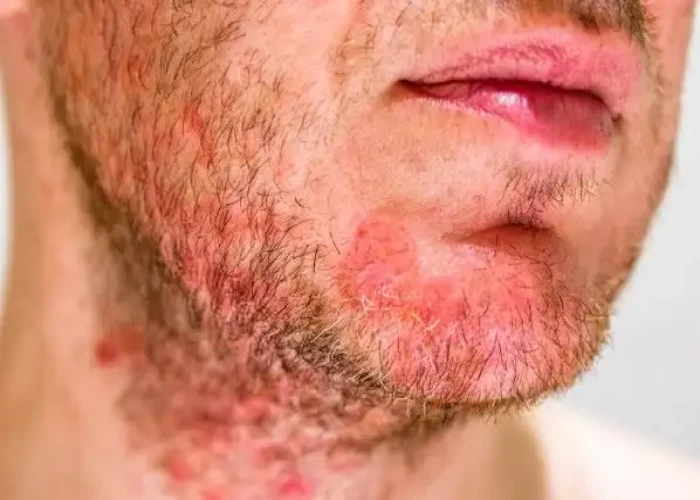 Welcome
Welcome
“May all be happy, may all be healed, may all be at peace and may no one ever suffer."
Seborrheic dermatitis
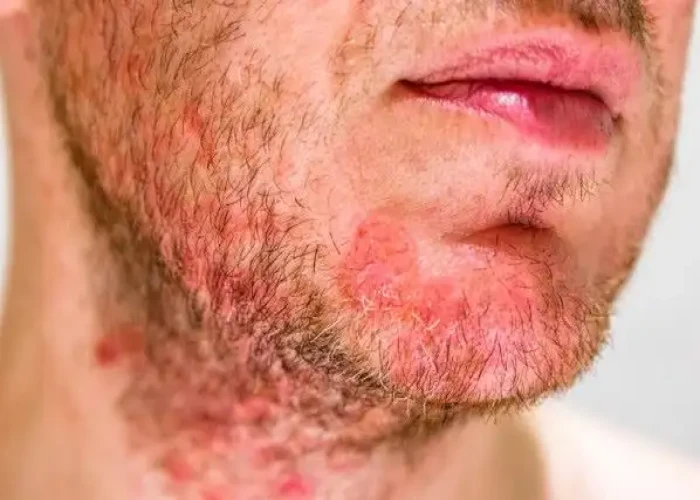
Seborrheic dermatitis is a common skin condition that affects the scalp, face, and other areas of the body that are rich in oil glands. It is characterized by red, scaly patches that may be itchy or uncomfortable. The exact cause of seborrheic dermatitis is not fully understood, but it is believed to be related to a combination of genetics, hormones, and environmental factors.
Symptoms of seborrheic dermatitis may include:
- Red, scaly patches on the scalp, face, ears, or other parts of the body
- Itching or discomfort in affected areas
- Flaking or scaling of the skin
- Oily or greasy skin or hair
- Crusting or oozing in more severe cases
Treatment for seborrheic dermatitis may include topical medications, such as creams or ointments containing corticosteroids, antifungal agents, or salicylic acid. In some cases, medicated shampoos containing antifungal agents or coal tar may be recommended for scalp involvement.
Lifestyle changes that may be helpful in managing seborrheic dermatitis include:
- Gentle cleansing with mild, fragrance-free soaps or shampoos
- Regular moisturization of affected areas
- Avoiding triggers such as stress, alcohol, and certain foods
- Managing underlying health conditions such as HIV or Parkinson's disease, which may increase the risk of seborrheic dermatitis
Seborrheic dermatitis is typically a chronic condition, meaning that it may recur or persist over time. However, with the right treatment and management strategies, most people with seborrheic dermatitis can effectively control their symptoms and improve their quality of life.
Research Papers
Disease Signs and Symptoms
- Skin flakes (dandruff)
- Red skin
- Itching
- Skin flakes on scalp, hair, eyebrows, beard or mustache, and shoulders
Disease Causes
Seborrheic dermatitis
Doctors don't yet know the exact cause of seborrheic dermatitis. It may be related to:
- A yeast (fungus) called malassezia that is in the oil secretion on the skin
- An irregular response of the immune system
Disease Prevents
Disease Treatments
Medicated shampoos, creams and lotions are the main treatments for seborrheic dermatitis. Your doctor will likely recommend you try home remedies, such as over-the-counter dandruff shampoos, before considering prescription remedies. If home remedies don't help, talk with your doctor about trying these treatments.
- Creams, shampoos or ointments that control inflammation. Prescription-strength hydrocortisone, fluocinolone (Capex, Synalar), clobetasol (Clobex, Cormax) and desonide (Desowen, Desonate) are corticosteroids you apply to the scalp or other affected area. They are effective and easy to use, but should be used sparingly. If used for many weeks or months without a break, they can cause side effects, such as thinning skin or skin showing streaks or lines.
- Creams or lotions containing the calcineurin inhibitors tacrolimus (Protopic) and pimecrolimus (Elidel) may be effective and have fewer side effects than corticosteroids do. But they are not first-choice treatments because the Food and Drug Administration has concerns about a possible association with cancer. In addition, tacrolimus and pimecrolimus cost more than mild corticosteroid medications.
- Antifungal gels, creams or shampoos alternated with another medication. Depending on the affected area and the severity of your symptoms, your doctor might prescribe a product with 2 percent ketoconazole (Nizoral) or 1 percent ciclopirox. Or you doctor may prescribe both products to be used alternately.
- Antifungal medication you take as a pill. If your condition isn't improving with other treatments, your doctor may recommend an antifungal medication in pill form. These aren't a first choice for treatment because of possible side effects and drug interactions.
Disease Diagnoses
Disease Allopathic Generics
Disease Ayurvedic Generics
Disease Homeopathic Generics
Disease yoga
Seborrheic dermatitis and Learn More about Diseases

Bell's palsy

Alcohol use disorder
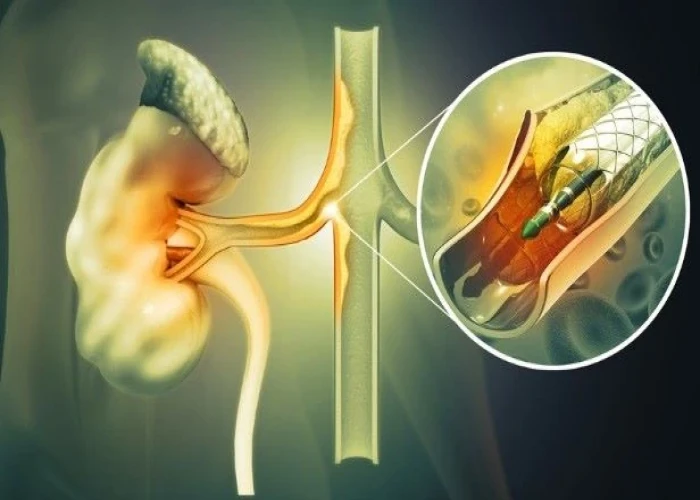
Renal artery stenosis
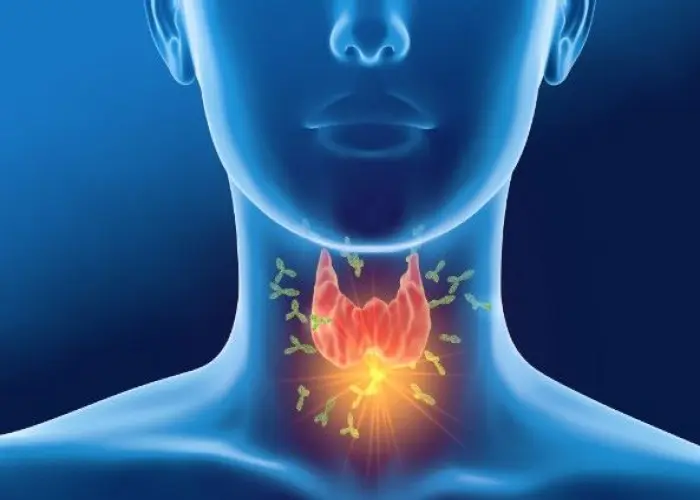
Hashimoto's disease
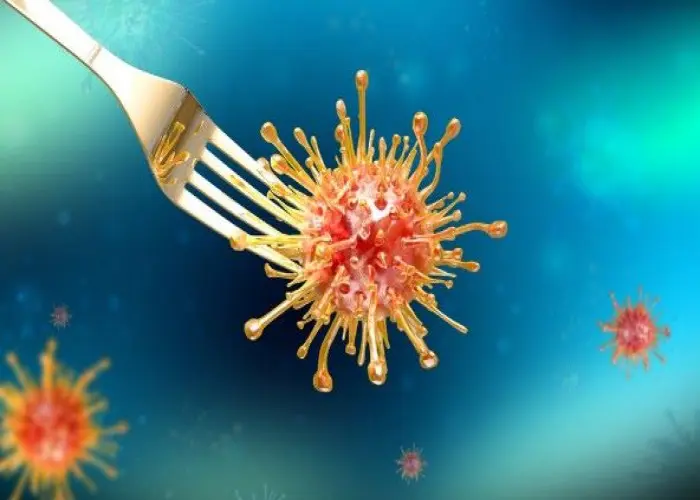
Food poisoning

Dyslexia

Gastroesophageal reflux disease (GERD)

Bone cancer
seborrheic dermatitis, সেবোরিক ডারমাটিটিস
To be happy, beautiful, healthy, wealthy, hale and long-lived stay with DM3S.
